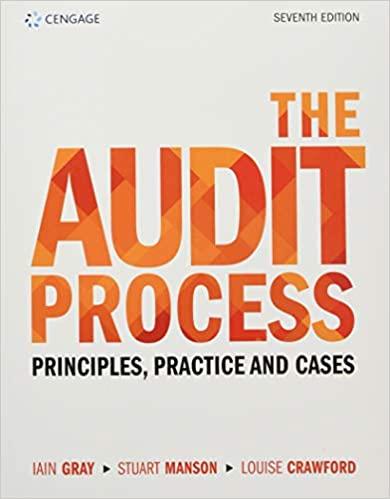Question
consider the limitations of human memory and the consequences of relying too much on what we (think we) remember. The YouTube videos I will ask
consider the limitations of human memory and the consequences of relying too much on what we (think we) remember. The YouTube videos I will ask you to watch as homework tell a surprising story of how the challenges associated with human memory played out in a high-stakes sexual assault trial, and the consequences of relying on current police procedures and eyewitness testimony. Note: Details of the assault are not covered in the videos, though there is a brief segment in which Jennifer Thompson describes what she was trying to remember while it took place. The primary focus of the videos is on human memory and its place in the courtroom. The end of the story told in these videos is quite remarkable, and was detailed in the book Picking Cotton, co-written by both the victim of the assault (Jennifer Thompson) and the victim of the wrongful conviction (Ronald Cotton, the man that she misidentified as her attacker). The story has led to important discussions in the US and Canada about the extent to which we should rely on the memory of those who witness serious crimes, and how police procedures can be improved to protect innocent people from wrongful convictions.
- Watch Part 1 and Part 2 of the 60 Minutes episode titled 'Eyewitness Testimony' (13 minutes each)
- Application to Sensation, Attention, and Perception
Based on what we discussed in lecture and your reading of the textbook, describe at least one way that human sensation (vision), attention, and perception influence people's ability to be a reliable witness to a crime. Here, you can apply this concept/idea to Jennifer Thompson's case, but you should also think more broadly to other kinds of eyewitnesses and crimes. Think specifically about the following as potential examples:
- Visual transduction generally, and more specifically in light vs dark conditions (p. 122-125)
- Factors influencing selective attention (p. 137) generally, and specifically how attention might be influenced by how a lineup is composed (e.g., who is selected to be the 'fillers' in a physical lineup; what the photos look like in a photo lineup)
- Inattentional blindness (p. 138)
- Top-down perceptual processes (p. 141-142) that are guided by System 1, and may stem from personal experience or social/cultural factors (including stereotypes)
- Application to Research Methods
In the second video, they make some suggestions about how to improve police lineups. How can the concepts of 'researcher bias' and 'double blind procedures' (see Section 1.6 from the text) be applied to police lineups?
- Application to Memory
Based on what we discussed in lecture and your reading of the textbook, describe at least one memory-related factor that might influence people's ability to be a reliable witness to a crime? Again, you can apply the concepts to Jennifer Thompson's case, but you should also think more broadly to other kinds of eyewitnesses and crimes (see Sections 7.4 and 7.5 from the text). Think specifically about the following as potential examples:
- Flashbulb memories (p.238)
- Creation of false memories (p. 246)
- Retrieval as a 'construction' process (p.247)
- Source confusion (p. 248)
- Based on your reading of the text and information in the videos, consider the procedures used by the police as they worked with Jennifer to identify her attacker. What was done well, and what might have created reason for concern (due to bias etc.)?
Step by Step Solution
There are 3 Steps involved in it
Step: 1

Get Instant Access to Expert-Tailored Solutions
See step-by-step solutions with expert insights and AI powered tools for academic success
Step: 2

Step: 3

Ace Your Homework with AI
Get the answers you need in no time with our AI-driven, step-by-step assistance
Get Started


